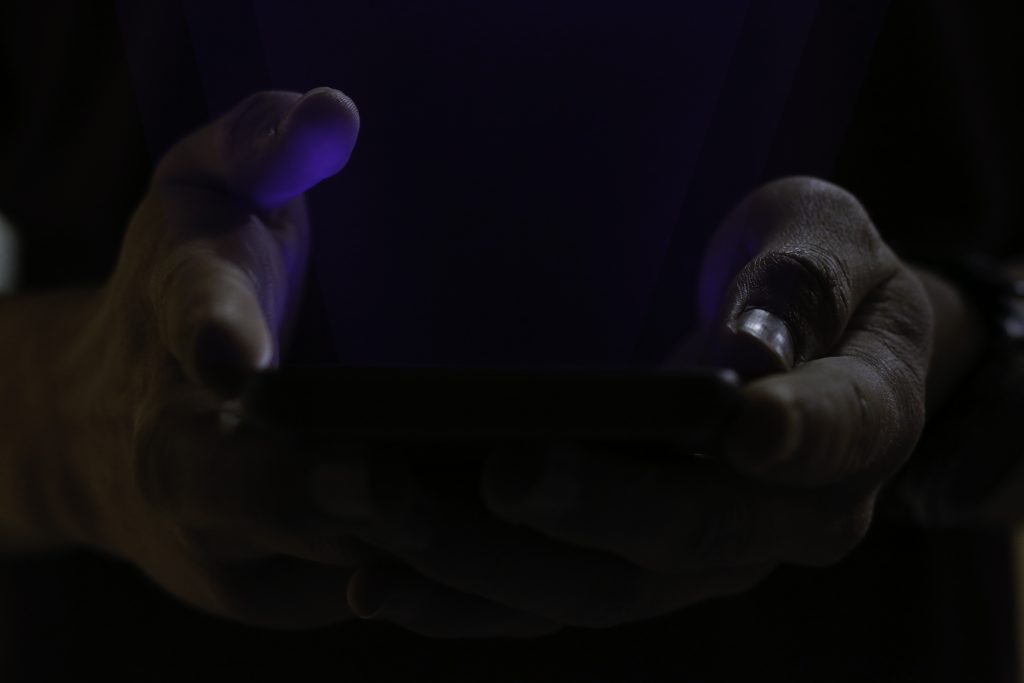Technology is integrated into the average person’s life throughout the usage of phones, computers, and television, but many need it constantly through the day as a result.
March 4th marked the National Day of Unplugging, a holiday unbeknownst to many. Similarly to tech cleanses, where people go for specific periods of time without a piece of technology of their choice, the National Day of Unplugging entails living without technology for 24 hours. For example, some may choose to go for a week with only 30 minutes of technology use per day when completing a tech cleanse.
Often, researchers find that technology and social media have negative effects on society, so completing phone cleanses is one of the ways to combat this. According to a 2016 study done by UCLA, teens depend on their phones more greatly than they ever have in the past, and they lose their independence as a result of the rise in usage. These findings were only predicted to intensify from when they were researched. Now, American adults spend an average of 11 hours per day on technology, with three hours and 45 minutes spent on phones and computers, according to Market Watch.
Although many teenagers use their phones for a majority of the day, some people, such as Emmaus High School freshman Summer Lorincz, have found a way to cut back on their time online.
“Fifty minutes today so far [on my phone], probably two hours at the end of the day though,” Lorincz said.
On the other side of using technology purely for entertainment, some find it necessary for everyday life.
Michelle Magargal, a hall monitor at Emmaus High School, found technology is the only way she can communicate with her mother during the day.
“… my biggest problem is, I have an 82-year-old mother and that’s the only way… she can only call me, she can’t text at 82 so for me in my life situation that’s not an option,” Magargal said.
Phone cleanses are one very effective way to switch to a less technologically intertwined life. One study, done by Kate Unsworth, the CEO of a research and production company, has shown that after only three days of being on a technology detox, people started opening up more, being more friendly and approachable, and even had better nightly sleep.
Kalei Spear, a freshman at Emmaus, completed a phone cleanse for one week. During this time she limited the usage of her phone to a small amount of time on social media and emergency texting and calling.
“I think it was worth it because I got a week to just focus on me and what I like to do outside of my phone and Netflix,” Spear said.
Spear also talked about some of her high and low points in this cleanse.
“… my biggest difficulty was getting out of the habit of checking my Snapchat and Instagram all the time,” Spear said. “The biggest payoff was not having to worry about my phone dying and caring what others thought of me through social media.”
“The main thing I took away was that people were on their phone way too much, especially in class in like the five minutes we don’t learn I would try to talk to people but they were all blinded by their phones,” she said, “and also it gave me a lot of free time to try new things.”









